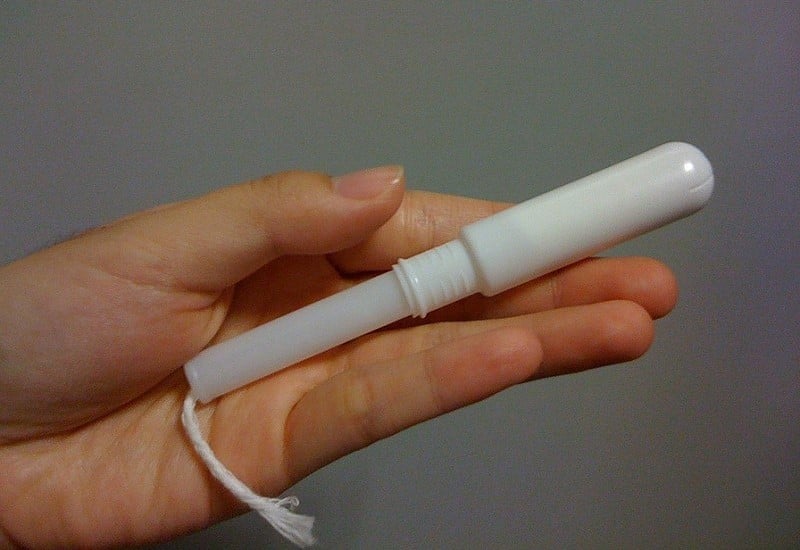
(WOMENSENEWS)–Menstruation is a part of life for women and girls around the world, but many still find it hard to get affordable, safe menstrual hygiene products or otherwise manage their menstruation with dignity.
Human Rights Watch, where I’m a senior researcher, has spoken to women and girls in many countries and situations about their struggle to manage their periods, including in our report released earlier this year, “Going to the Toilet When You Want.” And one thing is clear – this issue cuts across class, culture and geography. But it’s not often we hear about the issue in the U.S., where families across income groups ranked feminine hygiene products as an essential household item.
Good hygiene during menstruation is essential for women to live healthy lives. For women and girls, access to pads and tampons or other products is as important as to soap and toilet paper, and they should be as easy to get. But this isn’t the reality for many women and girls, including in the U.S.
A few U.S. congresswomen from New York are trying to counter that, and are working to ensure that women and girls in this country have this access and can better manage their hygiene with dignity.
In February, Congresswoman Grace Meng introduced a set of bills that would make products for menstruation safer and easier to get. Rep. Meng’s proposed legislation is a step toward recognizing menstrual hygiene as a human rights issue.
Set of Bills
The Menstrual Equality for All Act of 2017 (H.R. 972) would give a refundable tax credit to low-income people for the cost of these supplies and would require employers with 100 or more employees to provide free menstrual products at work, among other provisions. The act would also require prisons to give female inmates menstrual hygiene products for free and on demand as a condition of receiving funds from the federal government’s largest prison grant program. This comes on the heels of legislation passed in 2016 in Rep. Meng’s hometown, New York City, where Mayor Bill de Blasio signed a law ensuring this access for public school students, inmates and people in shelters.
Human Rights Watch documented in 2009 the humiliating consequences of restrictions on sanitary pads in U.S. immigration detention facilities. One woman said the lack of access to sufficient hygiene pads often meant her period would soak through her clothes and she would not be able to change them. Another said that guards distributed just two pads a day to women who were menstruating and confiscated extras at the end of the day. Elisa G. described her attempts to explain to a male guard that she needed more than two pads. She said she “had to just sit on the toilet for hours because I had nothing else [I could] do.”
Another bill also introduced by Meng, the Menstrual Products Right to Know Act of 2017 (H.R. 2416), would require manufacturers of menstrual products to list the products’ ingredients so women can know what they’re using. Menstrual hygiene shouldn’t make women sick, but few women know what’s really in the menstrual products they use—even if there are toxic chemicals present. This bill puts power in the hands of women to decide what goes into their bodies.
Carolyn Maloney, another member of Congress from New York, introduced the Robin Danielson Feminine Hygiene Product Safety Act of 2017 (H.R. 2379) after proposing a similar bill in 2015. The bill, named in honor of a woman who died from toxic shock syndrome related to tampon use, authorizes research on the risks posed by chemicals in feminine hygiene products. Reps. Maloney and Meng are co-sponsoring each other’s bills. The three bills have been referred to congressional committees for review.
Lawmakers and policymakers like Reps. Meng and Maloney, who tackle the reality that half the population will deal with monthly periods for many years of their lives, should be applauded. Women and girls should not struggle to manage their menstruation with dignity or to face unknown risks when using menstrual hygiene products—and these bills offer simple ways to address this.


